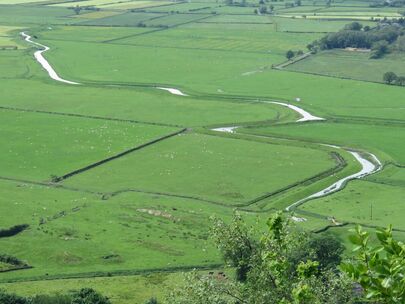 Agricultural landscape: the Lyth Valley
Agricultural landscape: the Lyth Valley So, are we literate. can we read agricultural landscape and ecology?
As I read James Rebanks I reflect upon Scout Scar and the Lyth Valley because that's the landscape I know best. Welsh Black cattle on Scout Scar, Galloways on Helsington Barrows, they’re the management tool for conservation grazing on limestone grassland. Here farming and ecology meet: a habitat of diverse flora depends on conservation grazing.
James Rebanks’ is right about illiteracy when it comes to the ecology of Scout Scar. I’ve spent years seeking protection for ground-nesting skylark and meadow pipit. Few realise they’re here or how vulnerable they are to dogs off the lead. I’m a nature writer, not an ecologist, but I have made Scout Scar my study for over 20 years. An ecologist new to Scout Scar could analyse habitat, could infer what wildlife might be found. Habitat suggests yellowhammer, I’ve found one. Stonechat were frequent, disappeared for some years, this summer I’ve found half a dozen breeding pairs. A pair of lapwing raised young this year. Curlew raised a chick on Cunswick Fell. You can only know this from day to day study over some time. A farmer knows what his land can produce, what it cannot. Soil types and micro-climates. James Rebanks' family has farmed their land through several hundred years. Knowledge passed down the generations is a part of their inheritance. It's a subtle and complex picture, constantly changing.
At leisure up on Scout Scar, I spend hours watching farmers busy taking crops from pastures below. It's like looking at illustrations from the Ladybird books, written after World War II in the realisation society was becoming ever more urban, losing touch with the land, losing an understanding of where food came from and how it was produced. Ladybird books give insight into the history of farming and changing farming practice. Illustrations shows habitat loss and species loss. If we were losing touch in the mid-20th century we are in another millennium and even more remote. James Rebanks’ English Pastoral opens with an unforgettable picture of a boy walking after his grandfather as he ploughs one of his fields, birds foraging the freshly turned soil. He remembers curlew in abundance.
James Rebanks’ English Pastoral is a good read and addresses issues that should concern us all (soil health, sustainability, food security.) As Brexit negotiations reach a critical point we should consider where our food comes from, and I do not mean supermarkets and supply chains. I mean at source.
James Rebanks, A Shepherd’s life. And English Pastoral, an inheritance - acclaimed the best nature writing of 2020.
The Food Programme 12 October 2020. James Rebanks on the future of food
Start the Week: Nature Notes from farming to fungi. 31 August 2020 . Andrew Marr with James Rebanks, Merlin Sheldrake and Melissa Harrison
James Rebanks on the future of farming - BBC Newsnight ...
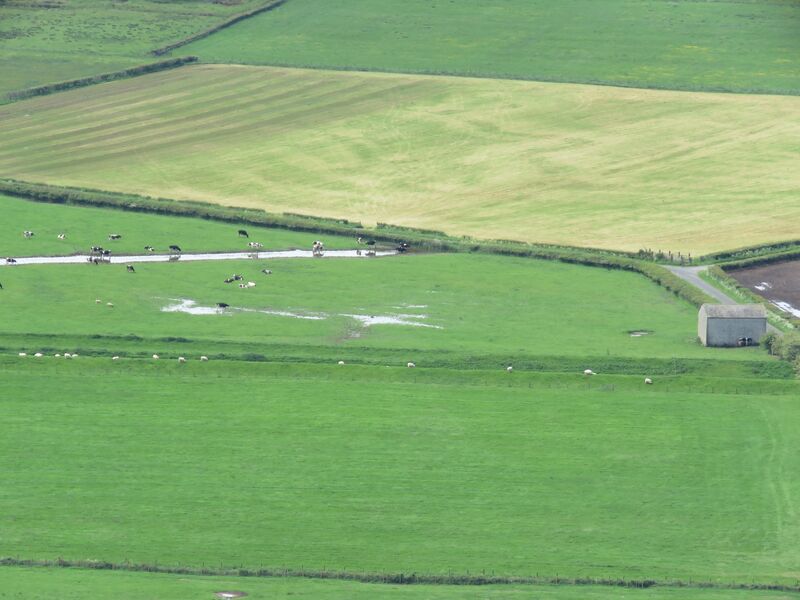
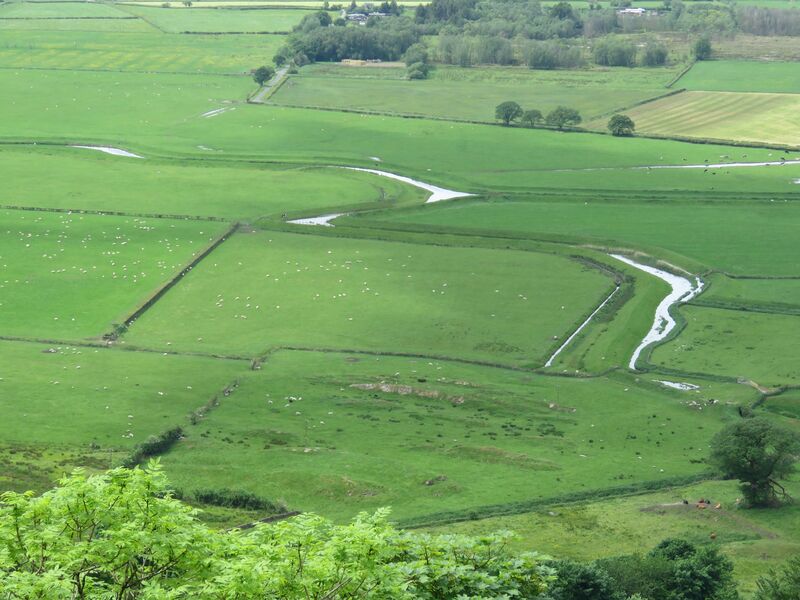
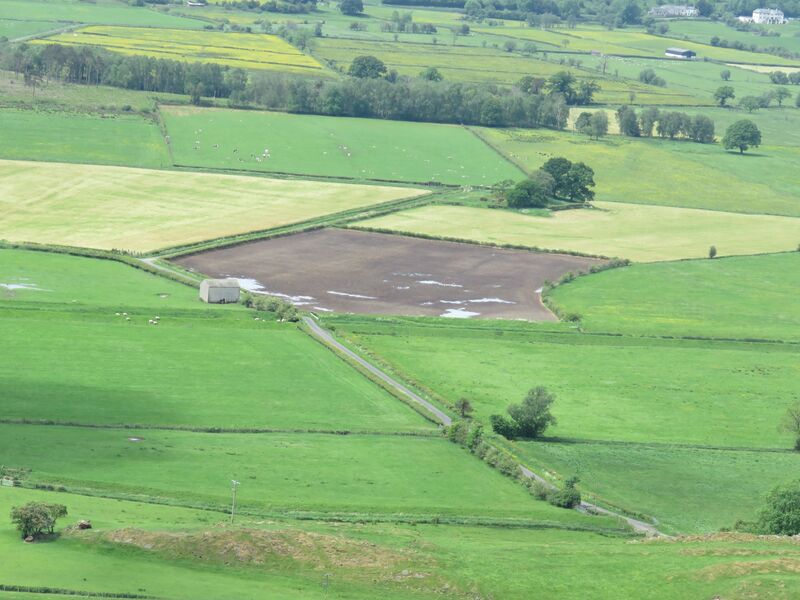
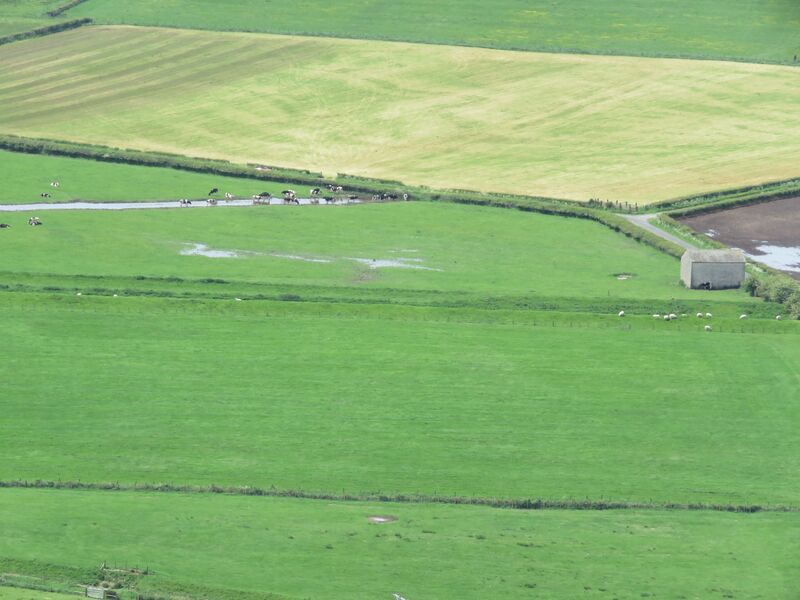
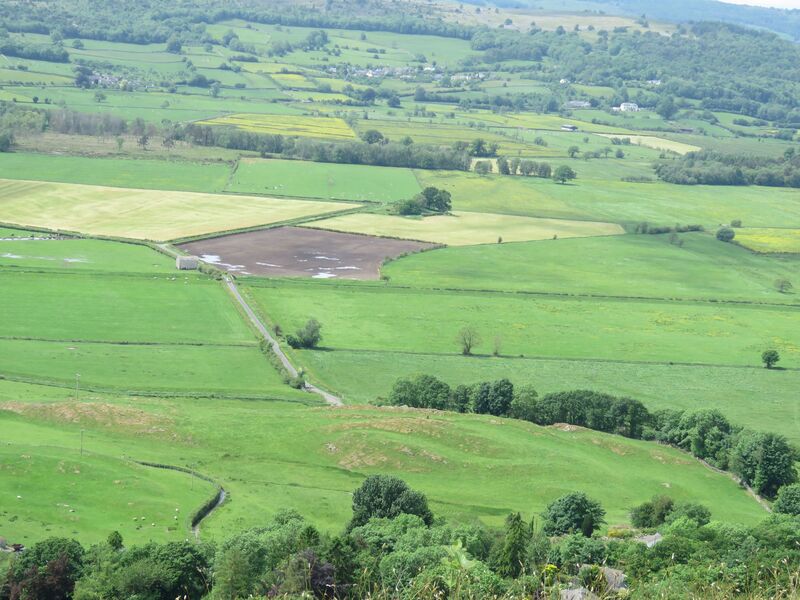
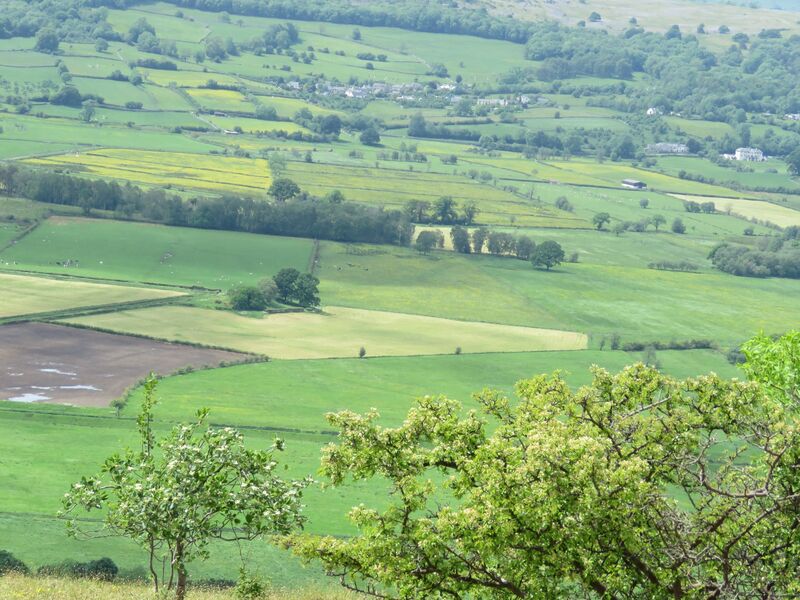
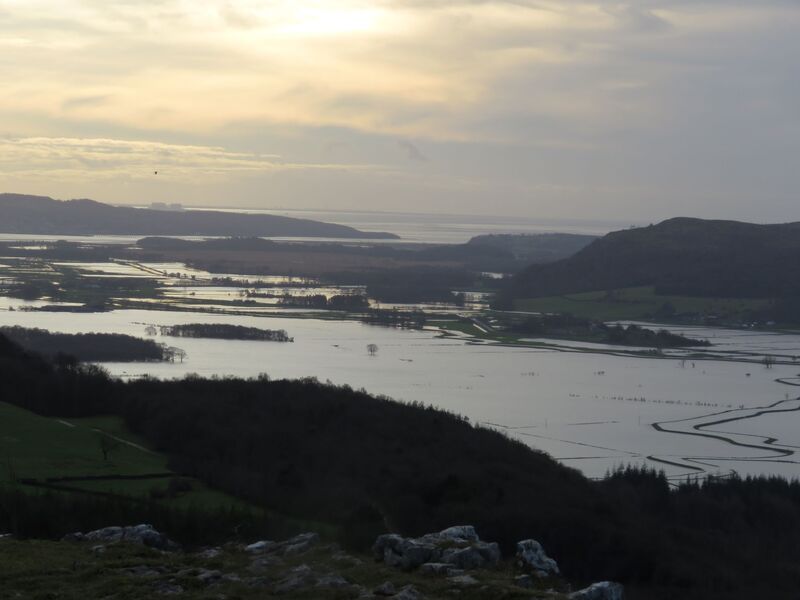
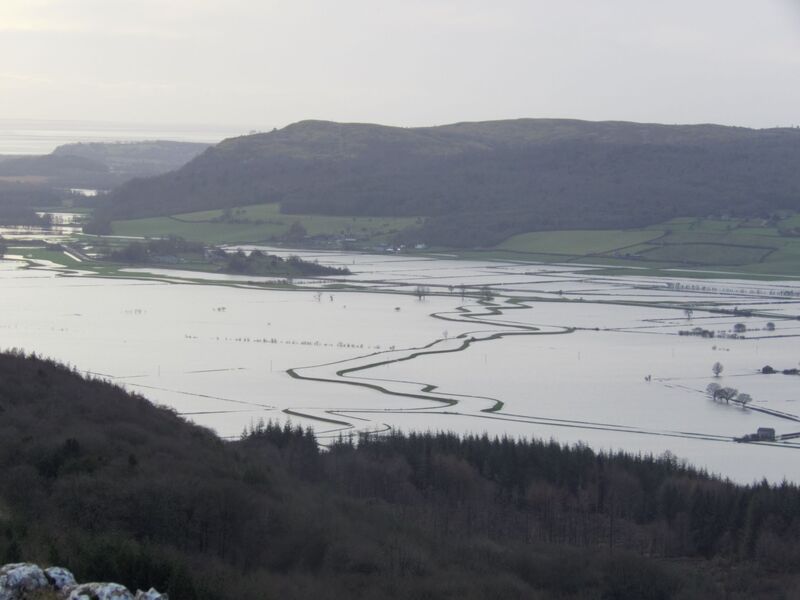
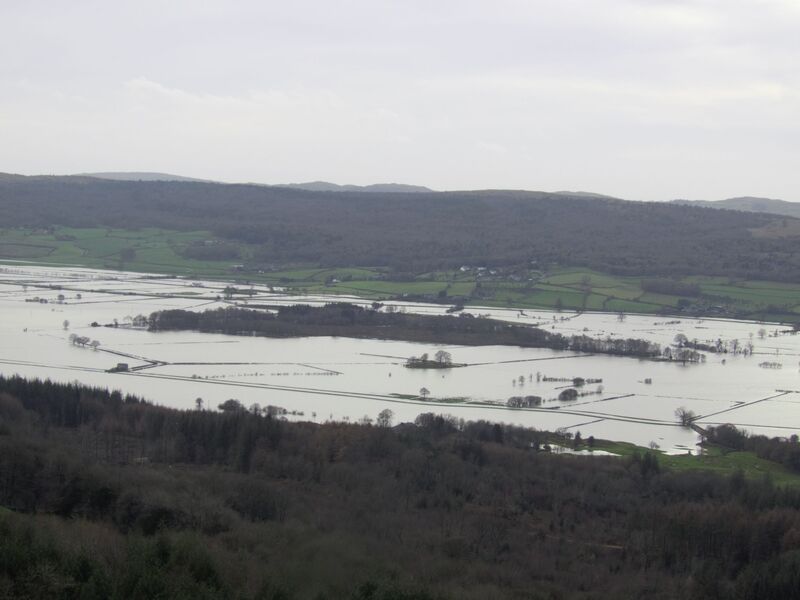
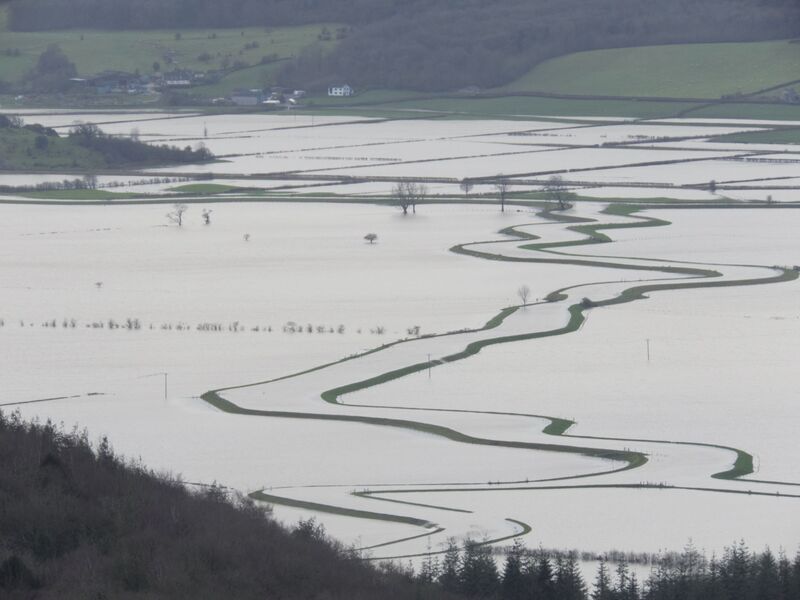
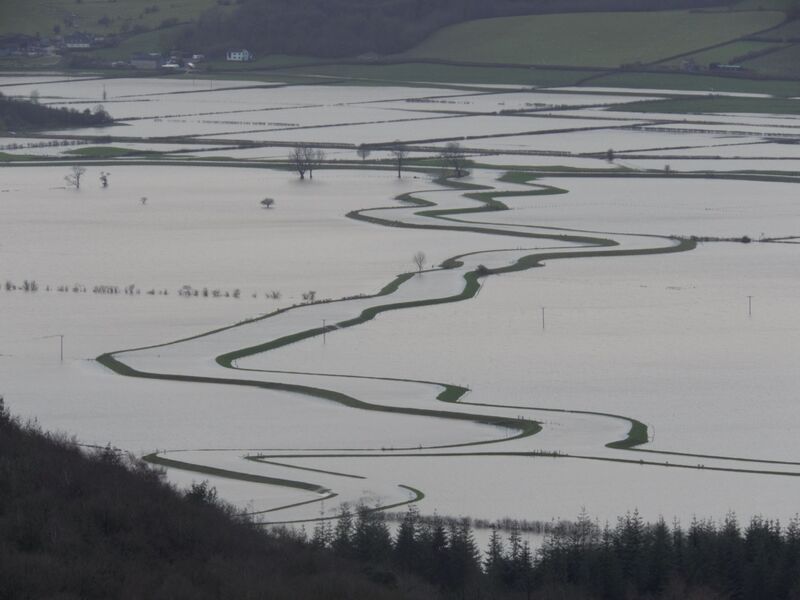
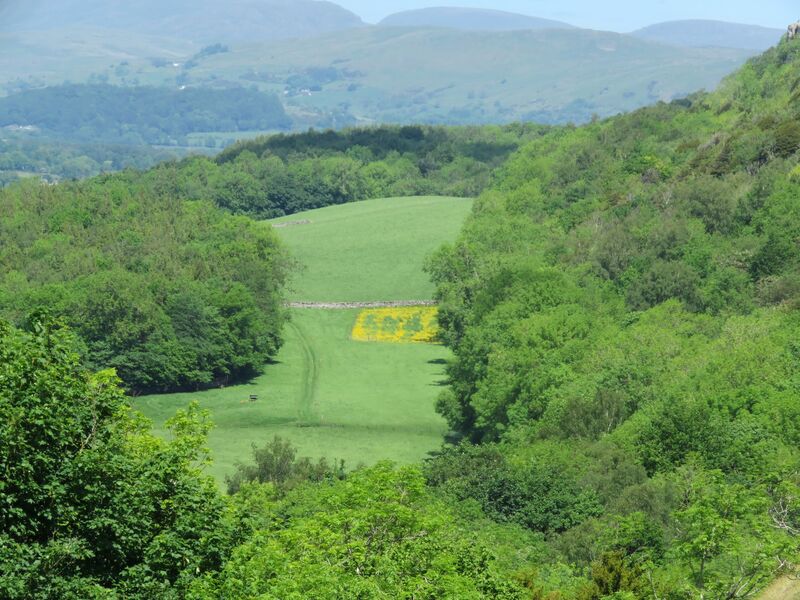
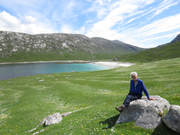
 RSS Feed
RSS Feed